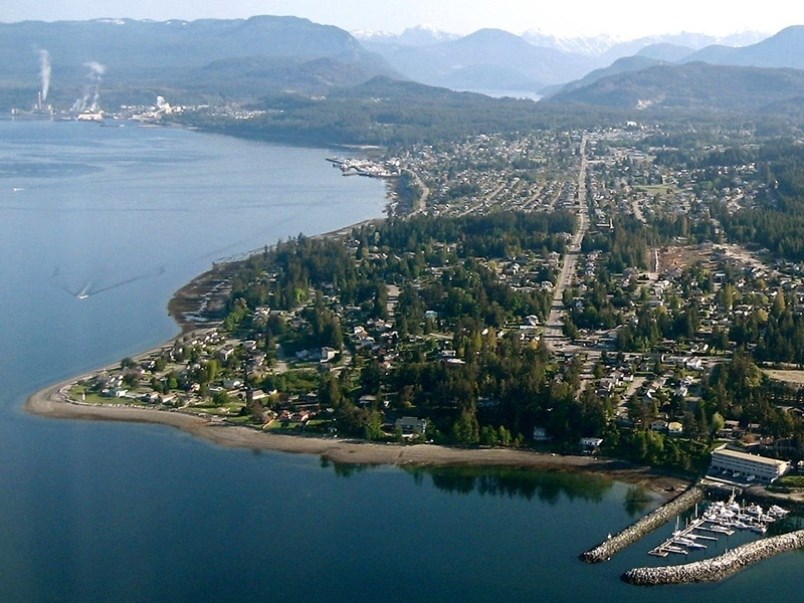A recent article in the Tyee [“Powell River Wrestles with Changing Its Colonial Name,” November 26] and an earlier piece in the Peak [The legacy of Israel Powell,” September 29] both present some of the important history surrounding the legacy of Israel Powell, the businessman and superintendent of Indian affairs for BC beginning in 1872.
These articles are very worth taking the time to read, as is the report prepared by Know History Inc. The Knowledge Network’s recent documentary series British Columbia: An Untold History is also something all residents of this province should watch.
When the appalling colonial history of the present is laid bare it becomes all too clear that Powell’s legacy is not one that residents of Powell River should be either comfortable with or proud of.
It was not Powell himself but rather the commander of the naval ship HMS Rocket who decided that the river and surrounding territory should be named Powell River, even though it already had a name (Tis’kwat) given to by Indigenous peoples who lived here for thousands of years before Powell was even born.
Renaming Indigenous land is part of a colonizing project that has become all too sad and familiar across this country. So too is taking over lands by whatever means necessary and resituating Indigenous peoples to a tiny patchwork of reserves, a practice of forced displacement that would insure scarcity and isolation.
Determined to “civilize” the Indigenous population—that is, erase their culture, language, customs, education, religious, economic and political practices—Powell claimed that establishing the project of “assimilation” would require the introduction of residential schools. Along these lines, he argued that the potlatch (ceremonial gift-giving practice that among other things helped affirm social and spiritual relations) should be considered an illegal activity and banned since it got in the way of a “civilizing” project intended to discourage “idleness among the less worthy members of a tribe.”
Powell also made a practice of removing and collecting (i.e. theft) of more than a thousand sacred and ceremonial objects from local communities and endorsed the close surveillance and monitoring of Indigenous peoples in order to limit their traditional practices.
The value system that underlies the settler-colonial project along with the idea that Indigenous status and rights could and should be displaced by a “superior” white culture is based on the racist idea that Indigenous peoples are less than human and therefore have no inalienable right to self-determination. In turn, this served as the basis for land claim agreements that became irrevocable instruments removing Indigenous peoples’ sovereign access to land they have taken care of for thousands of years.
If reconciliation means anything it means coming to terms with our colonial settler history and replacing the value system it is grounded on by one based on recognition, dignity and respect. It means Indigenous peoples must have the inalienable right to maintain and strengthen their distinctive spiritual relationship with their traditionally owned or otherwise occupied and used lands, territories and coastal waters.
Doing the right thing at the right time for the right reasons does not require a referendum. It requires moral courage and wise leadership.
Residents of Powell River and qathet Regional District must do everything possible to help city council undo Powell’s legacy by giving Indigenous peoples the right to reclaim Indigenous place names. As part of the process of reconciliation and solidarity with Tla’amin Nation, we must now begin the process of giving this city a name that restores dignity to Indigenous peoples and inaugurates a new legacy of respect, mutual recognition, solidarity and consideration.
Fred Guerin is a retired philosophy professor living in Powell River.





